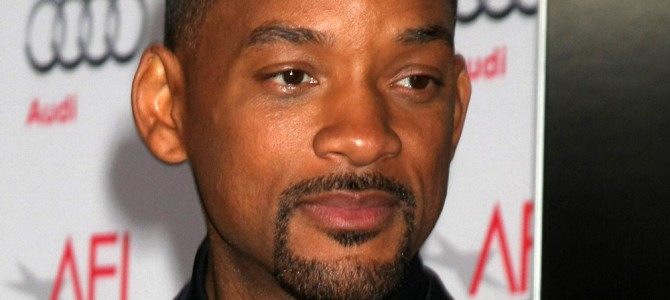Scientists, government agencies, and athletic organizations have spent decades working on how to protect the brain and improve brain health. In the last ten years, neuroscientists have uncovered new brain processes, altered perceptions about development, and uncovered clues to how we lose our precious memories and functioning as we age.
Leigh Steinberg, the super agent who has represented hundreds of professional athletes, even wrote on brain health and injury’s implications for the future of professional sports beginning in the ’80s. Yet organizations like the National Football League have been able to get away with ignoring science and skirting responsibility for impairing hundreds—if not thousands—of individuals over the same period of time.
That time of denial has come to end. Not because of good science, improved policy, or respect for the lives being injured to entertain us, but because of Hollywood.
Enter Will Smith and his Christmas Day sure-to-be-blockbuster “Concussion.”
Brain Doctors Feel Vindicated
Unlike other major disease areas—think American Heart Association and American Cancer Society—there are no major umbrella brain health organizations in the United States. There has not been a cohesive voice advocating for the organ that dictates everything we do, think, and feel. This is baffling, given how fearful individuals are of losing their memory or watching a loved one lose theirs. Yet when it comes to advocacy, protecting our youth, and caring for those who put their brains at risk every day, the collective voice has fallen short.
While the movie does not focus on the science behind the movement or the data points and technology that are moving the field of neuroscience forward, the story is compelling to the general public. It draws in the viewer in ways that only Hollywood can: exploiting cover-ups, highlighting injustice, and having well-known A-listers pretend to be experts.
This doesn’t bother the real doctors behind the science. They tend to view this sort of portrayal as validation for the decades of hard work they have done, as well as hope that it will bring new interest to the work they are doing. Dr. Julian Bailes, who is portrayed by Alec Baldwin in “Concussion,” has moved beyond the basic research to focus on preventing and protecting from concussion, traumatic brain injury, and chronic traumatic encephalopathy through understanding how the brain actually moves within the skull and responds to trauma.
At this point in brain exploration, with research like this, there is no going back. The genome has been mapped and DNA has been sequenced. Neuroscience is the new frontier of medical advancement, and “Concussion” is prepared be the catalyst that brings the public along for the ride and serves as the platform for getting Americans to hold organizations like the NFL accountable for human lives.









